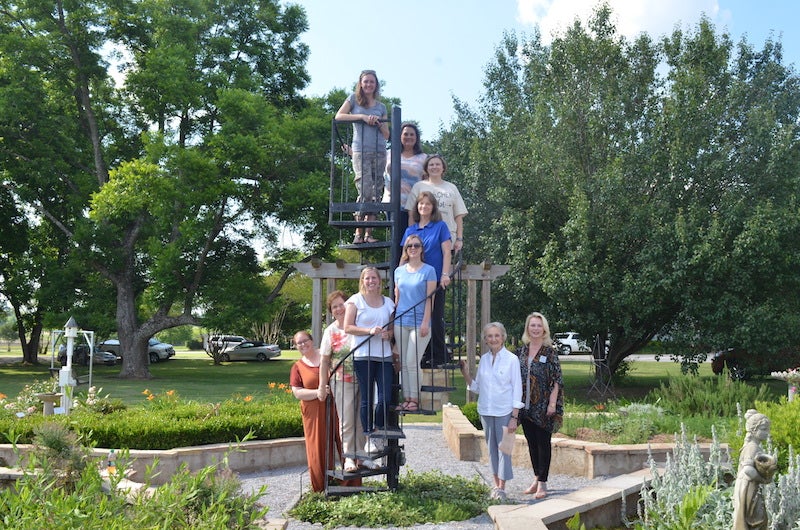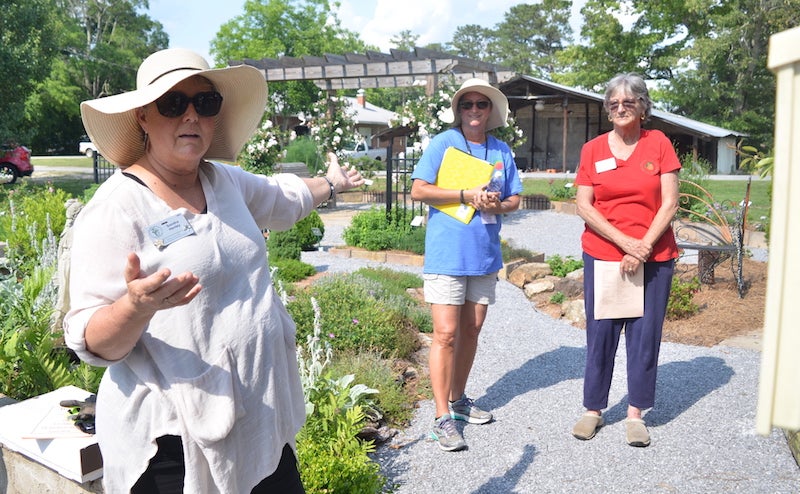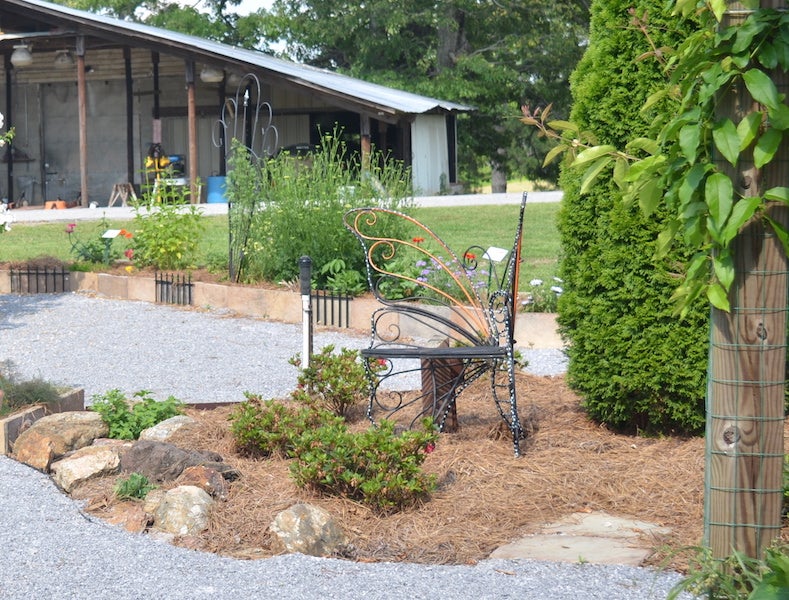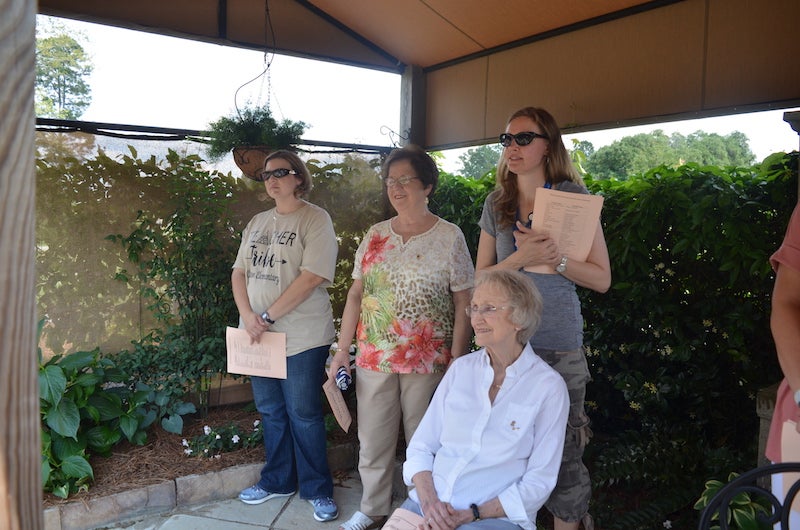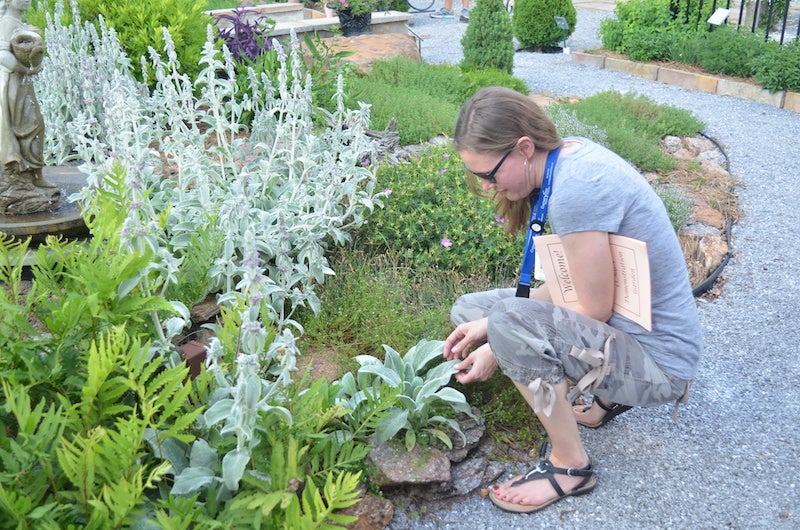Teacher group visits Master Gardener garden
Published 1:45 pm Monday, May 20, 2019
By JOYANNA LOVE/ Senior Staff Writer
A local group of educators became the students on May 16 as they toured the Chilton County Master Gardener Demonstration Garden and the Chilton County Research and Extension Center.
The Kappa Chapter of Alpha Delta Kappa, an honorary organization for women educators, held its meeting at the Center and was given a tour of the garden by the Master Gardeners.
The demo garden is open to the public each weekday, usually 7:30 a.m. to 3:30 p.m.
Chilton County Master Gardener president Sondra Henley said a garden had been on the site since 1999, but was in need of major attention in 2013.
“It just looked old and was in need of something new,” Henley said.
One of the main considerations in the redesign was making water accessible at every end of the garden.
Another element was adding a shade garden.
Work began in 2013 renovating the old garden and beginning to install the new design. The new garden design was completed in 2016. Veneer stone, cement block and stucco were used to create walls to section off areas for specific plant beds.
A spiral staircase is the center of the garden.
“Someone donated it to us,” Henley said. “So, we decided to make a hardscape in our garden.”
The staircase is in 3 feet of concrete making it safe to stand on.
Small stones make a walkway through the garden that is wide enough for a wheelchair.
One section of the garden is dedicated to attracting butterflies and other pollinators.
“It’s not just a butterfly bed; it is a pollinator bed,” Master Gardner Harriett Jackson said. “I have heard so many people say, ‘I bought a butterfly bush, and it is full of bees.’”
Jackson said plants that attract butterflies will also attract bees, flies and some wasps, so keeping this in mind when choosing a location for planting is important.
She also gave tips for keeping butterflies at the site.
“You need two types of plants,” Jackson said. “You need nectar plants, those are flowers that butterflies can get to the nectar in, and then you have host plants. Host plants are where butterflies lay their eggs.”
When the egg hatches, the caterpillar will only eat the plant it was hatched on.
Jackson said a way to avoid having the plants eaten by caterpillars is to avoid planting host plants.
“You can choose to plant only nectar plants,” Jackson said.
Parsley and fennel serves as a host plant in the garden.
The garden is certified as a butterfly garden and a monarch butterfly garden.
Visitors were encouraged to have plants they will enjoy, even if it is just a few potted plants.
“It was absolutely beautiful,” Kappa Chapter president Julie Harrison said. “I’m actually inspired. I want to go home and plant something.”
Master Gardener Audrey Giles highlighted the garden of native plants, which includes everything from Alabama croton to wild geranium to yucca. Giles said the plants like to “grow and grow.”
Master Gardener intern Betsy Smith talked about the evergreen herb garden. Some of the plants included Roman chamomile, sage and oregano.
A knot garden shows a formal garden style.
Water features, a pergola and raised keyhole garden are also featured in the garden.


